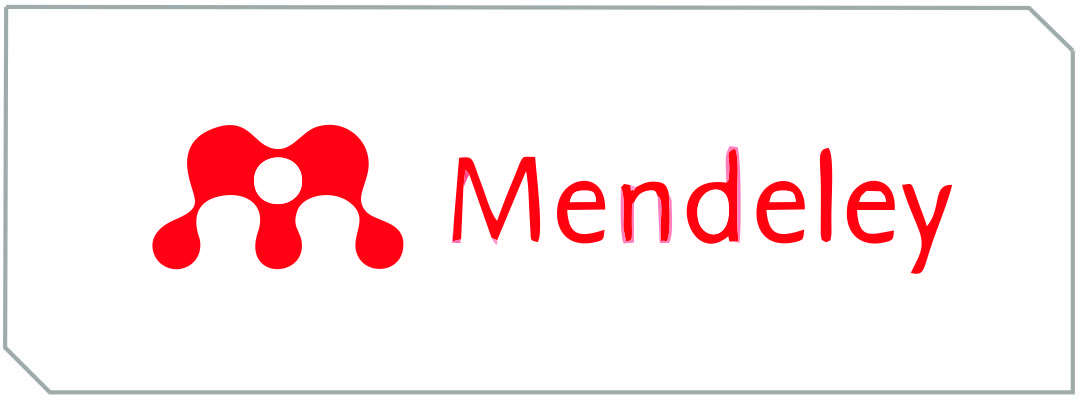Korelasi Pola Asuh dan Motivasi Belajar dengan Prestasi Matematika Siswa SMA Kusuma Bangsa Palembang
DOI:
https://doi.org/10.47861/dhammavicaya.v8i2.1632Keywords:
Parenting Patterns, Learning Motivation, SMAAbstract
The Correlation between Parenting Patterns and Learning Motivation to Student Learning Outcomes in Mathematics Subjects at SMA Kusuma Bangsa Palembang. Buddhist Religious Education Thesis, Nalanda Institute, Dr. Mujiyanto, S.Pd., M.Pd. as first advisor and Dr. Alexander Chandra, M.M., M.Kn., MBA as second advisor. This research was aimed to determine the correlation between parenting patterns and learning motivation to student learning outcomes in mathematics subjects at SMA Kusuma Bangsa Palembang. The hypothesis proposed in this study is that there is a correlation between parenting patterns and learning motivation to student learning outcomes in mathematics subjects at SMA Kusuma Bangsa Palembang. The sample in this research amounted to 135 students of class X. The measuring instrument in data collection used a scale of parenting patterns, a scale of learning motivation, and a scale of student learning outcomes in mathematics, with a correlational method as a research method. The results showed that the correlation coefficient of 0.726 indicated a positive relationship and high interpretation. The Fcount value = 7.071, Ftable (0.05; 135) = 3.060 with the criteria Fcount > Ftable, so that the null hypothesis (Ho) which states that there is no correlation between parenting patterns and learning motivation on student learning outcomes in mathematics subjects at SMA Kusuma Bangsa Palembang is rejected. Thus, there is a significant positive correlation between parenting patterns and learning motivation on student learning outcomes in mathematics at SMA Kusuma Bangsa Palembang with multiple regression analysis y = 73.178 + 0.164X1 + 0.183X2 which is real. The magnitude of the effective contribution of parenting patterns and learning motivation to student learning outcomes in mathematics at SMA Kusuma Bangsa Palembang is 52.7%, while the remaining 47.3% is caused by other factors.
References
Adawiah, R. (2017). Pola asuh orang tua dan implikasinya terhadap pendidikan anak (Studi pada Masyarakat Dayak di Kecamatan Halong Kabupaten Balangan). Jurnal Pendidikan Kewarganegaraan, 7(1), 33–48.
Ahmadi, A., & Supriyono, W. (2004). Psikologi belajar (Edisi Revisi). Rineka Cipta.
Algifri. (2000). Analisis regresi, teori, kasus dan teori. BPFE.
Arikunto, S. (2013). Prosedur penulisan suatu pendekatan praktek. Rineka Cipta.
Azwar, S. (2003). Reliabilitas dan validitas. Pustaka Pelajar.
Azwar, S. (2012). Tes prestasi, fungsi dan pengembangan pengukuran prestasi belajar. Pustaka Pelajar.
Dimyati, & Mudjiono. (2009). Belajar dan pembelajaran. Rineka Cipta.
Djamarah, S. B., & Zein, A. (2013). Strategi belajar mengajar (Edisi Revisi). Rineka Cipta.
Hadi, S. (2004). Analisis regresi. Andi Offset.
Hasan, M. I. (2003). Pokok-pokok materi statistik I (Statistik Deskriptif). Bumi.
Hidayat, N., Sutrisno, S., & Permatasari, T. (2023). Transformasi Sekolah Tinggi Agama Buddha Nalanda menjadi Institut Agama Buddha Nalanda: Tinjauan studi kelayakan dalam konteks sosial budaya. Innovative: Journal of Social Science Research, 3(5), 4174–4189. https://j-innovative.org/index.php/Innovative/article/view/5331
Martono, N. (2010). Statistik sosial: Teori dan aplikasi program SPSS. Gava Media.
Nazir, M. (2003). Metode penelitian. Ghalia Indonesia.
Riduwan. (2015). Belajar mudah penelitian. Alfabeta.
Rizqiani, W., & Hidayat, N. (2024). Low public perspective on the importance of a sustainable environment in the environmental journalism polemic. International Journal of Environmental Communication (ENVICOMM, 1(1), 32–40. https://doi.org/10.35814/envicomm.v1i1.7874
Sardiman, A. M. (2010). Interaksi & motivasi belajar mengajar. Raja Grafindo Persada.
Sudjana, N. (2004). Penilaian hasil proses belajar mengajar. PT Remaja Rosdakarya.
Sugiyono. (2009). Metode penelitian pendekatan kualitatif, kuantitatif, dan R&D. Alfabeta.
Downloads
Published
How to Cite
Issue
Section
License
Copyright (c) 2025 Dhammavicaya : Jurnal Pengkajian Dhamma

This work is licensed under a Creative Commons Attribution-NonCommercial-ShareAlike 4.0 International License.






